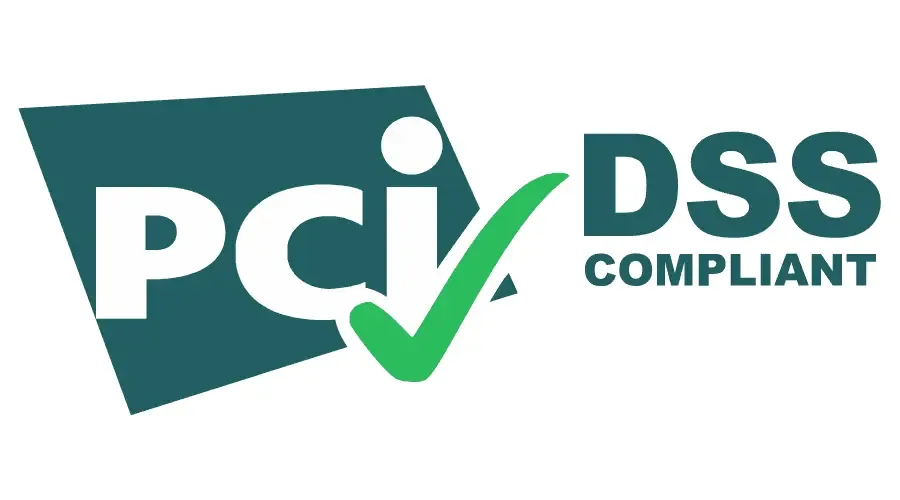Introduction
The purpose of this policy is to document the comprehensive and constantly evolving policies, procedures, and processes to help prevent money laundering (ML) and terrorist financing (FT) activities while complying with applicable regulations and ensuring adherence to the provisions of AML/CFT guidelines in Nigeria and all jurisdictions where our businesses are located.
1.1 Objective
Glyde is committed to establishing and upholding effective internal controls for preventing money laundering and combating the financing of terrorism. The company has a zero-tolerance policy for these behaviors and is required to abide by the pertinent regulations aimed at preventing anti-money laundering and countering terrorism financing (commonly known as "AML/CFT"). These regulations include:
- The Money Laundering Prevention and Prohibition Act of 2022
- AML/CFT guidelines
This AML policy outlines the procedures and controls in place to detect and report suspicious activities while ensuring compliance with applicable AML laws and regulations and may be modified occasionally to reflect changes to the laws and rules it is based on.
The following are the primary aims of this Policy:
1.2 Applicability
This policy applies to all employees, contractors, vendors, donors, users, beneficiaries, and business partners of Glyde. There is a need for everyone to be able to identify and address any potential money laundering or terrorist financing issues if they arise. Compliance with this policy is mandatory for everyone, and customers or any other relationship with Glyde will be terminated for any violation of this Policy.
2. Anti-Money Laundering (AML) and Countering Financing of Terrorism (CFT)
2.1 Money Laundering
Money Laundering is the processing of criminal proceeds to disguise their illegal origin. (FATF)
Money laundering is the criminal practice of processing ill-gotten gains, assets, or dirty money through a series of transactions. In this way, the funds are cleaned so that they appear to be proceeds from legal activities. Money Laundering is the process by which monies or assets derived from criminal activities are converted into funds or assets that appear to have a legitimate origin. It involves taking criminal proceeds and disguising their illegal sources in anticipation of ultimately using the criminal proceeds to perform legal and illegal activities. Assets here include criminal property, cash or its equivalent, securities, physical products, and intangible assets.
Money Laundering empowers corruption and organized crime, allowing corrupt public officials and criminals to launder proceeds from crimes, bribes, kickbacks, public funds, and sometimes even development loans from international financial institutions. Organized criminal groups want to launder the proceeds of drug trafficking and commodity smuggling through the financial systems without a trace. In the modern-day definition, Money Laundering now covers various predicate offenses including child trafficking, prostitution, etc.
2.1.1 Money Laundering Predicate Offense
A money laundering predicate offense is the underlying criminal activity that generates proceeds, which when laundered, results in the offense of money laundering. These include:
- Participation in an organized criminal group and racketeering
- Terrorism, including terrorism financing
- Financing the proliferation of weapons of mass destruction
- Trafficking in persons and migrant smuggling
- Sexual exploitation, including sexual exploitation of children
- Illicit trafficking in narcotic drugs and psychotropic substances
- Illicit arms trafficking
- Illicit trafficking in stolen and other goods
- Corruption, bribery
- Fraud
- Counterfeiting currency
- Counterfeiting and piracy of products
- Environmental crime
- Murder, grievous bodily injury
- Kidnapping, illegal restraint, and hostage-taking
- Robbery or theft
- Smuggling (including smuggling related to customs and excise duties and taxes)
- Tax crimes (related to direct taxes and indirect taxes)
- Extortion
- Forgery
- Piracy
- Insider trading and market manipulation
- Any other offense under the MLPPA, TPPA, other relevant laws and regulations
2.1.2 Stages of Money Laundering
- Placement: The physical disposal of cash/property derived from criminal activity. It involves introducing illicit funds into the system and may involve splitting funds using provided virtual account numbers (e.g., purchase of artwork, cash deposits, casinos). The purpose is to avoid attracting attention.
- Layering: This involves separating the source of proceeds from ownership by changing the form. This is designed to hamper audit trails (e.g., complex wire transfers, reselling of assets/properties, opening several accounts to disguise the origin of funds). The purpose is to disguise the origin of the funds.
- Integration: Re-channeling the laundered funds back to the financial system as legitimate funds (e.g., purchase of real estate, luxury items, and investments). The purpose is to legitimize the funds.
Money Laundering laws apply not only to criminals who try to launder their ill-gotten gains but also to financial institutions and their employees who participate in those transactions if the employees know that the property is criminally derived. “Knowledge” includes the concepts of “willful blindness” and “conscious avoidance of knowledge”. Thus, employees of a financial institution whose suspicions are aroused but who then deliberately fail to make further inquiries, wishing to remain ignorant, may be considered under the law to have the requisite “knowledge”.

